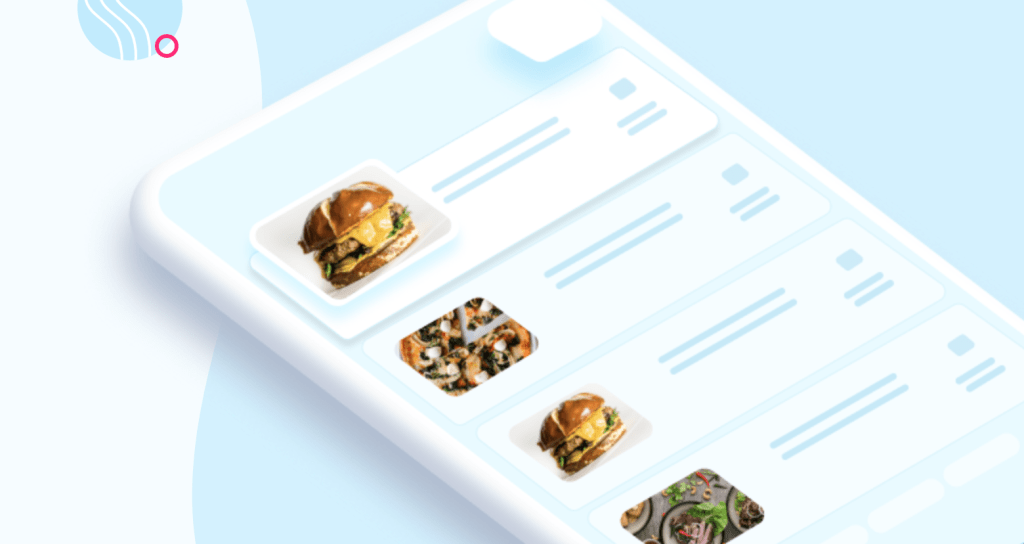Daily Harvest makes frozen containers of pre-prepped food that are supposed to be better for your health than most frozen meals. But are they better for the planet, too?
The company has taken at least one step towards sustainability. Starting in April, Daily Harvest will roll out its new Re:generation line of containers which are 100 percent home compostable and made from plant-based renewable fibers. They’re also adjusting its portion size; the savory Harvest Bowls + Soups will be 1.5 times larger, and the Oats + Chia Bowls will be .75 times their current size.
Daily Harvest is also working more upstream to make the entire production process — from manufacturing to shipping — more sustainable. According to a release from the company emailed to The Spoon, Daily Harvest is in the midst of “working to eliminate all single use plastic and non-recyclable materials through our supply chain.” Where exactly they are on that process is unclear.
I tried out Daily Harvest’s service last year and really enjoyed the taste, health, and convenience of the frozen meals. I was happy to learn at the time that the cardboard delivery box in which the meals com is recyclable, as are the meal cups themselves. The liner holding the dry ice included in the shipment is supposedly also biodegradable and made of recycled denim.
Making the cups not just recyclable but home compostable is an encouraging step to cut waste in the very wasteful home meal delivery space — and one that I hope to see other companies following. Some already are. UK supermarket chain Waitrose has debuted fully compostable packaging for prepared meals. Pizza tech company Zume also pivoted into compostable packaging last year, though it’s currently dealing with lack of funding and major layoffs.
Other companies, like NadaMoo, are learning just how complex making home-recyclable containers actually is, especially for leak-prone products like ice cream.
One major question I had when learning this news was whether or not Daily Harvest’s new containers will contain PFAS, or chemicals that do not ever biodegrade. Last week Sweetgreen began rolling out new to-go meal bowls that were compostable and free of PFAS (their old containers were compostable but did have PFAS). As of today, Chipotle has pledged to remove PFAS from its own bowls by the end of 2020.
I’ve reached out to Daily Harvest to find out if its new packaging does, in fact, contain PFAs and will update this post when I hear back. Until then, it’s still encouraging to see a company so synonymous with frozen food delivery taking steps to reduce its packaging footprint. Here’s hoping Daily Harvest’s actions will encourage other delivery-only meal companies to follow suit.






























